Ele.me and Taobao Tianmao Join Forces: Alibaba's Ambition Extends Beyond Instant Retail
![]() 06/26 2025
06/26 2025
![]() 715
715
Ele.me and Fliggy have integrated with Taobao Tianmao, marking Alibaba's shift from e-commerce to the broader consumer market.
The 618 shopping festival has concluded, and amidst this year's complex and dynamic landscape, leading e-commerce platforms continue to make strategic moves.
On June 23, Ele.me and Fliggy were incorporated into Alibaba's China Retail Business Group. Fan Yu remains Chairman and CEO of Ele.me, reporting to Jiang Fan, while Nantian continues as CEO of Fliggy, also reporting to Jiang Fan. During this transition, Ele.me and Fliggy maintain their corporate governance structures and independent operations, while aligning their business decision-making and execution goals with the China Retail Business Group.
Many media outlets have misconstrued this news, stating that 'Taobao Tianmao has absorbed Ele.me/Fliggy' or 'Taobao Tianmao has merged with Ele.me/Fliggy.' Neither of these interpretations is accurate. Simply put, Ele.me and Fliggy's business models remain unchanged, but their objectives and collaboration will accelerate their integration with Taobao Tianmao. This 'integration' aims to dismantle departmental silos, connect resources, and enhance collaboration efficiency, signaling a pivotal step in Alibaba's transition from e-commerce to the broader consumer market.
Alibaba, Meituan, and JD.com Intensify Competition in the Instant Retail Sector
On the same day Alibaba officially announced the 'convergence' of Ele.me and Taobao Tianmao, Meituan also announced its plans to 'comprehensively expand instant retail and promote the quality and upgrading of new retail formats.' It released its inaugural 618 shopping festival performance report for Meituan Flash: During this year's '6.18,' nearly a million physical stores welcomed over 100 million customers on Flash, with mobile phone sales doubling, smart device sales growing by over 6 times, and liquor sales increasing by over 10 times...
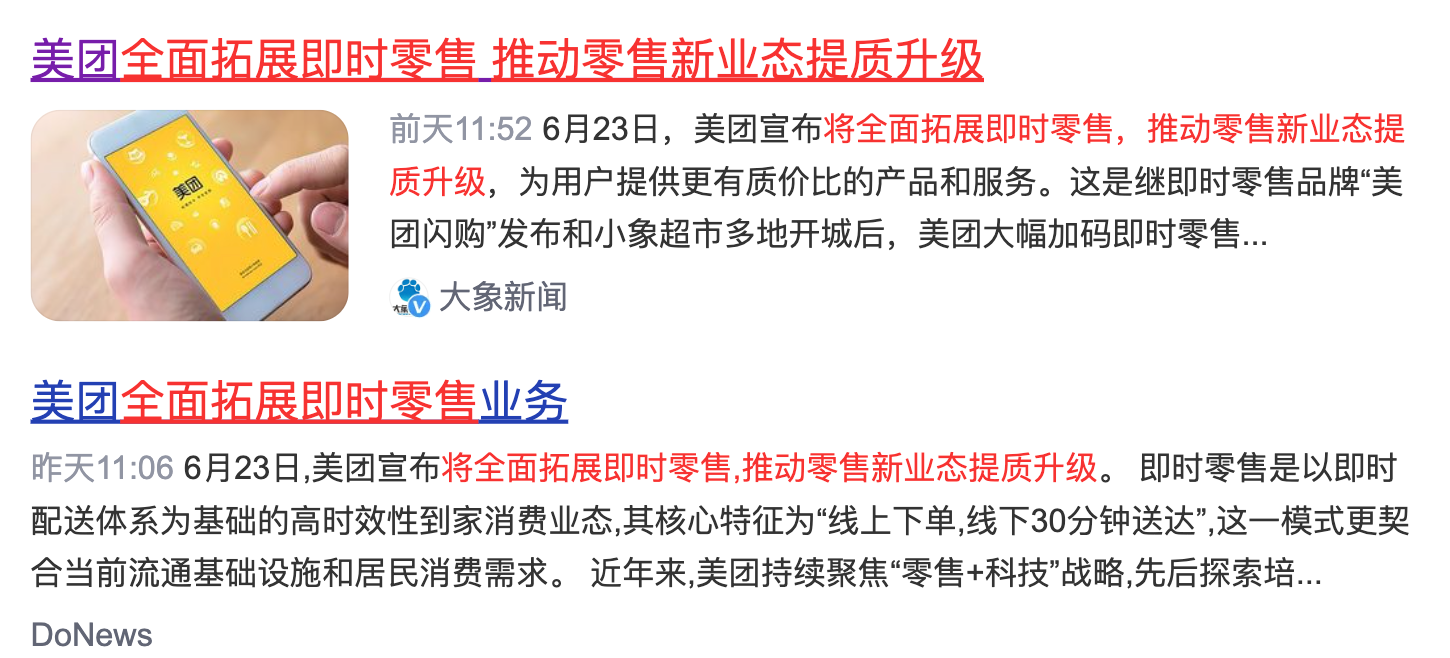
(Image source: Baidu News)
Subsequently, media outlets revealed astonishing figures from Alibaba's 618 shopping festival: During the 618 period, Taobao Flash combined with Ele.me peaked at over 60 million orders, with nearly 40 million orders on Taobao Flash and over 20 million orders on Ele.me. Additionally, 'internal predictions within Taobao suggest that by August 30th of this year, the combined order volume of Taobao Flash and Ele.me is expected to reach around 80 million orders.'
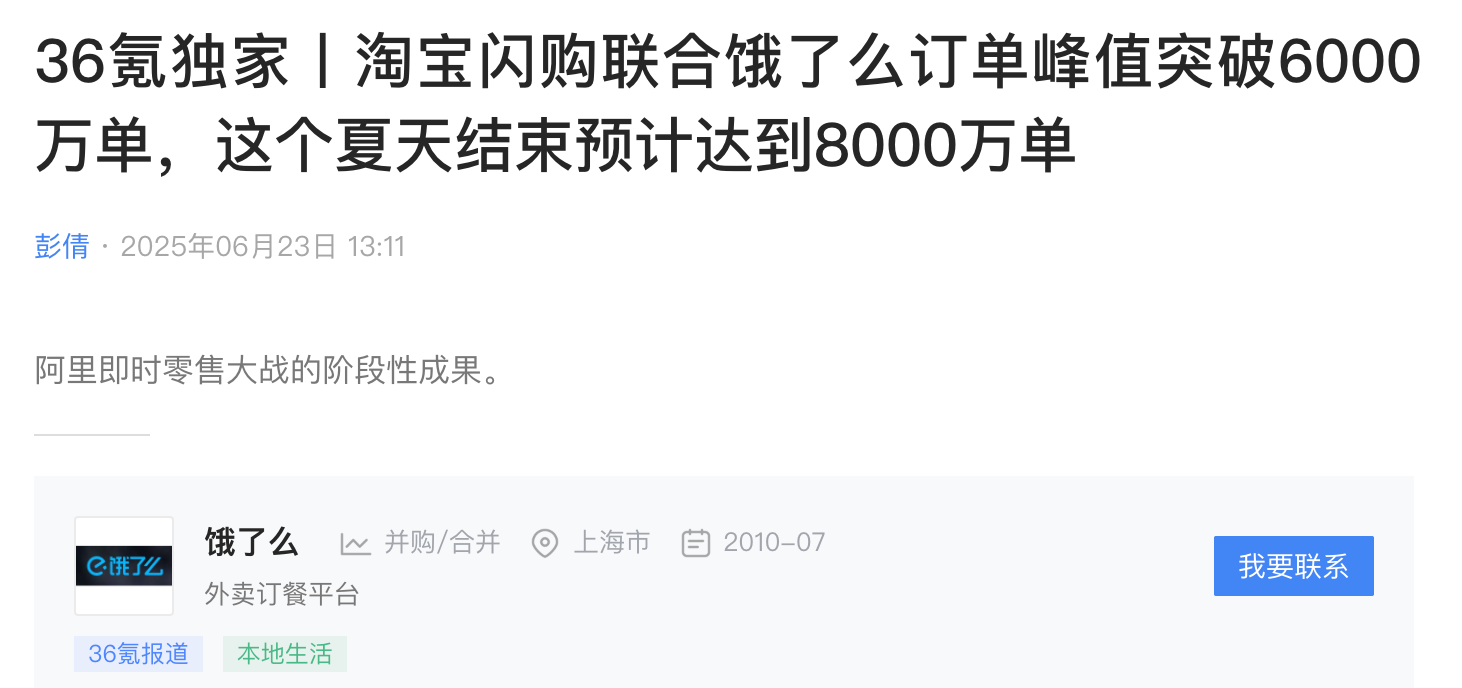
(Image source: 36kr)
Outsiders marvel at the spectacle, while insiders understand the essence. The 'convergence' of Taobao Flash and Ele.me, the data and strategies revealed by Meituan Flash, and Alibaba's subsequent data release all highlight the intensity of the instant e-commerce battle. Besides Meituan and Alibaba, another key player has been stirring up competition in the instant retail sector for 25 years: JD.com. It is aggressively targeting the 'food delivery' market, with official data stating that its single-day order volume exceeded 25 million on June 1, with over 1.5 million quality dining outlets joining the platform and over 120,000 full-time food delivery riders. Additionally, JD.com's 7FRESH online orders grew by over 150% year-on-year, and sales of its private label products increased by 340% year-on-year. Judging from the focus of their performance reports, JD.com's current achievements are concentrated in food delivery, with instant retail yet to make a significant impact.
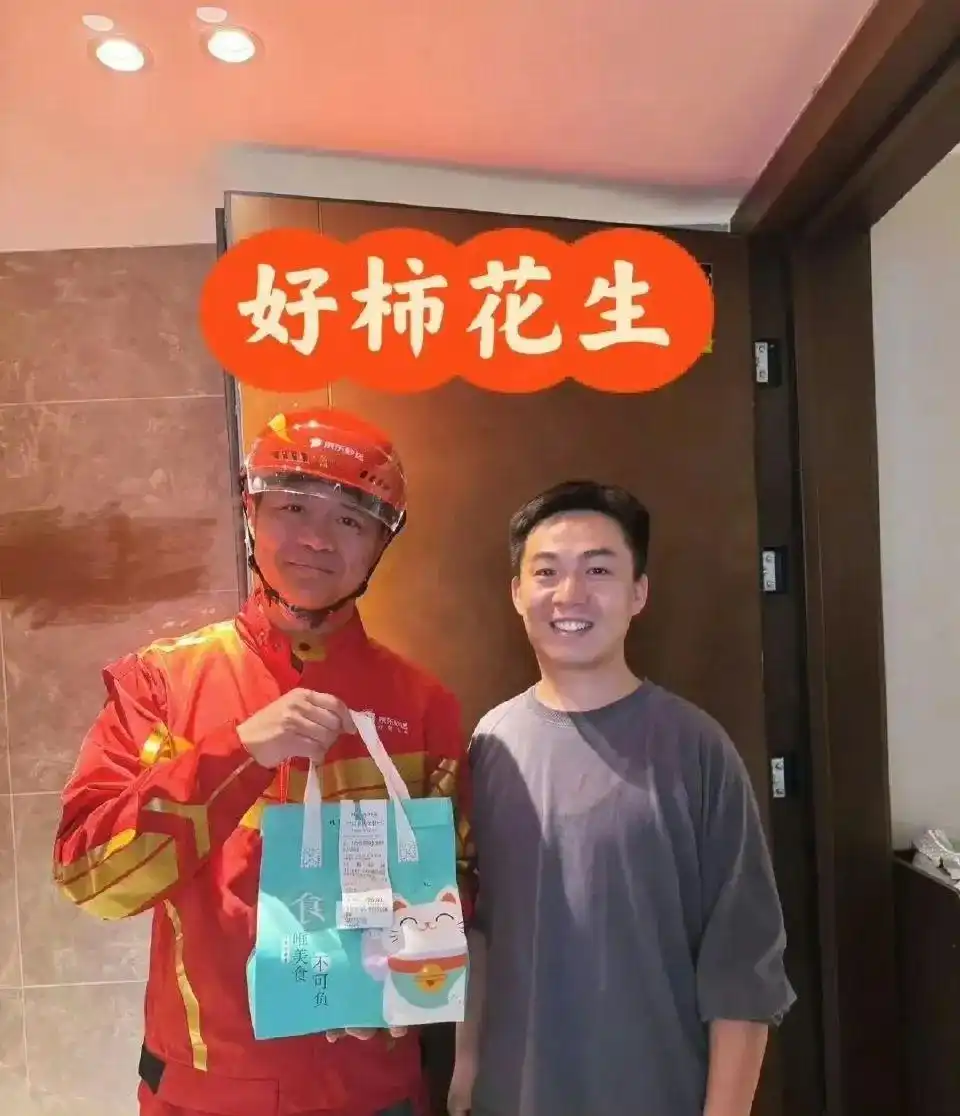
(Liu Qiangdong personally delivering food)
Despite different progress, all three players are heading in the same direction: focusing on the instant retail sector. Alibaba, Meituan, and JD.com are all increasing their stakes.
On one hand, the instant retail format represents the largest growth opportunity for both e-commerce and the retail industry, a veritable 'cash cow.' At the end of last year, the Chinese Academy of International Trade and Economic Cooperation of the Ministry of Commerce released a report stating that the instant retail industry maintains rapid growth and is expected to exceed 2 trillion yuan by 2030. Data from the third-party platform Star Chart shows that during the '618' shopping festival in 2025, the total sales of comprehensive e-commerce platforms amounted to 855.6 billion yuan, a year-on-year increase of 15.2%; instant retail sales increased by 18.7% year-on-year, outpacing the overall market growth. As distant-field e-commerce encounters a ceiling, high hopes are placed on instant retail.
On the other hand, through massive subsidies, the 618 sales promotion, and other initiatives, giants are continuously cultivating consumers' habits of 'ordering everything through food delivery' and attracting more merchants, especially local merchants, to do business on their platforms. This further accelerates the explosion of instant retail. Instant retail no longer merely satisfies 'emergency shopping' needs but has become a deterministic consumption model where people 'think of buying, buy it, receive it, and use it immediately.' Besides medications, flowers, and fresh produce, users are increasingly placing orders for non-emergency items such as mobile phones, liquor, baby formula, major appliances, and small appliances on instant retail platforms. The year 2025 is poised to become the first year of an era of large-scale instant retail growth.
The trend in the retail industry is clear: 'He who controls instant retail controls the market.' Traditional e-commerce platforms that fail to properly engage in instant retail will see their shares eroded by 'local versions of Taobao (Taobao Flash/Meituan Flash).' For offline merchants, especially supermarkets and other retailers, instant retail can expand their operating radius, extend their operating hours, improve store efficiency, alleviate customer flow anxiety, and reduce labor costs, offering a glimmer of hope or even transformation.
The battle in the instant retail sector has fully commenced, driven by the 'convergence' of Ele.me and Taobao Tianmao. However, Alibaba's ambitions clearly extend beyond this – this time, it is aiming not just at the business of instant retail but at the vision of a broader consumer platform.
The Time has Come to 'Unite Forces'
Looking back at the development trends of Ele.me and Taobao over the past two years, it is not difficult to see the foreshadowing of their current 'convergence.'
On the Ele.me side, in 2018, this blue food delivery platform joined the Alibaba ecosystem. After two years of data integration, in 2020, it collaborated with Tmall Supermarket, Hema, and others to 'deliver everything,' realizing 'e-commerce shopping with food delivery experience.' Since then, Ele.me has continued to explore non-meal deliveries in collaboration with Alibaba's ecosystem businesses, deeply engaging in instant retail to this day.
On the Taobao Tianmao side, ahead of the 2020 618 shopping festival, Taobao launched the Hourly Arrival channel, giving it a first-level entrance in 2024 and deeply collaborating with Ele.me to cover categories such as supermarkets and convenience stores, pharmacies, fruits and vegetables, alcoholic beverages and drinks, flowers and greenery. Additionally, Alibaba has other instant retail-related businesses such as Taoxianda, Taobao Caimai, and Cainiao Stations.
The convergence of these two paths accelerated after JD.com provoked the recent food delivery battle, forming a joint force that quickly divides and attacks:
On April 30, 'Taobao Hourly Arrival' was upgraded to 'Taobao Flash,' integrating Ele.me's full supply; on May 2, Taobao Flash went fully online four days ahead of schedule; on May 5, Taobao Flash's single-day orders exceeded 10 million; on May 26, the two sides jointly announced that their daily orders exceeded 40 million; on June 23, they jointly announced that their daily orders exceeded 60 million... Taobao Flash + Ele.me instantly became king-level players in instant retail with their formidable strength.
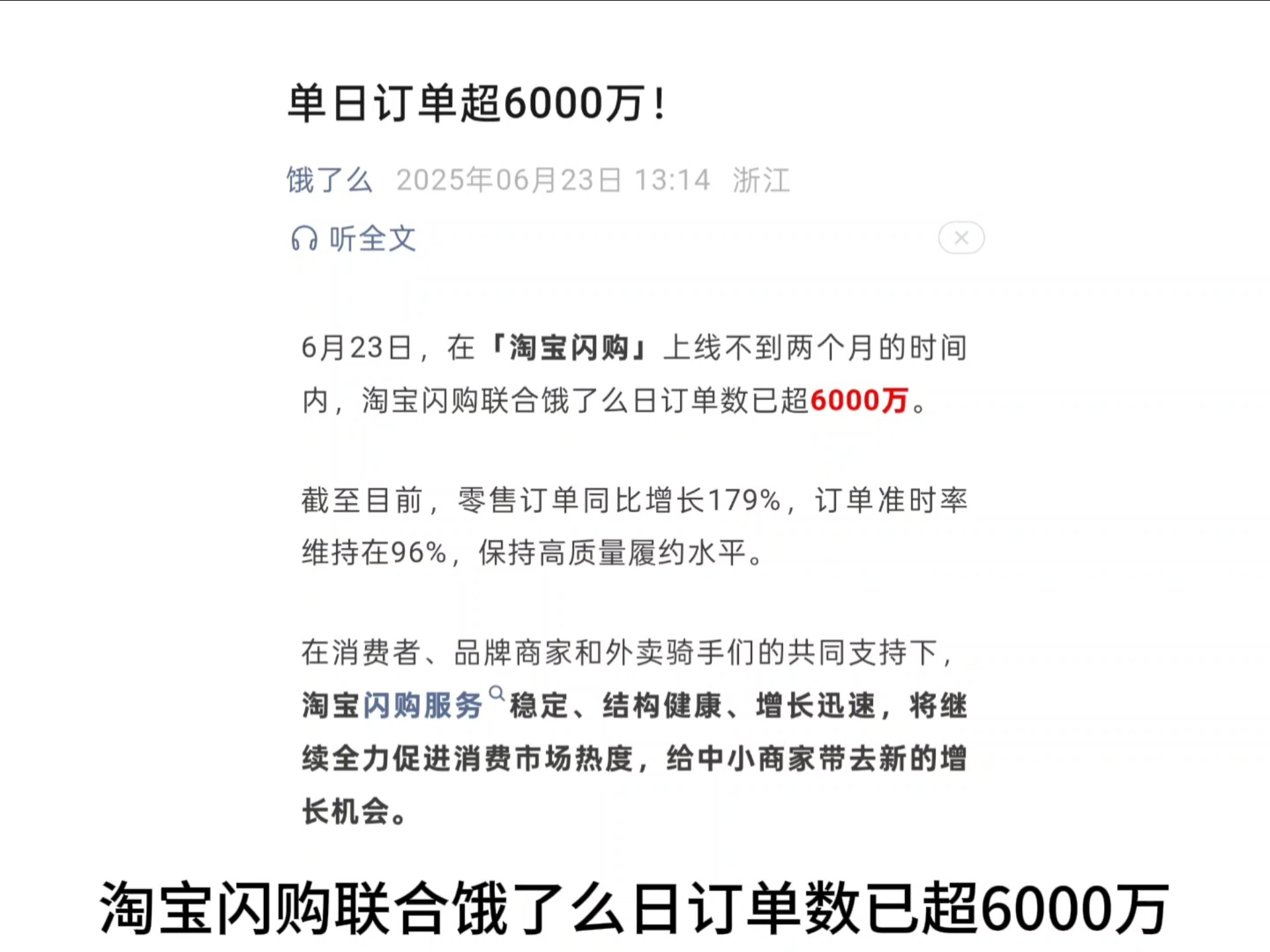
(Image source: Ele.me's official Weibo)
A closer look at the explosive growth of Taobao Flash and Ele.me reveals that it cannot be simply attributed to 'subsidies,' as subsidies are a standard marketing tactic for every platform. More important than subsidies are supply, logistics capacity, and user stickiness:
Ele.me's full merchant resources are open to Taobao Flash, combined with Taobao Tianmao's existing local merchant resources, giving Taobao Flash the industry's most ideal supply system;
Ele.me's 4 million+ active riders and mature socialized warehouse and distribution store network provide the logistics capacity foundation for Taobao Flash to fulfill orders, even with a peak order volume exceeding 60 million, the order punctuality rate remains as high as 97%;
Ele.me and Taobao Flash can also share user operation systems. How to avoid users from 'leaving after subsidies'? Taobao's 'versatile' rich supply, 'browsable' platform mindset, and membership systems such as 88VIP can solve these problems.
After accelerating their integration, Taobao and Ele.me have undergone a 'chemical reaction,' with their resources coming together to generate strong synergy, promoting each other's growth and efficiency.
During the 2025 fiscal year Q4 and full-year earnings call, Alibaba revealed that Taobao Flash exceeded expectations in both scale growth and efficiency improvement, even enhancing platform user activity and distant-field e-commerce transaction volume. This is because dining delivery consumption is characterized by high frequency and rigid demand, and when users place flash purchase orders on the Taobao app, they often browse other items as well.
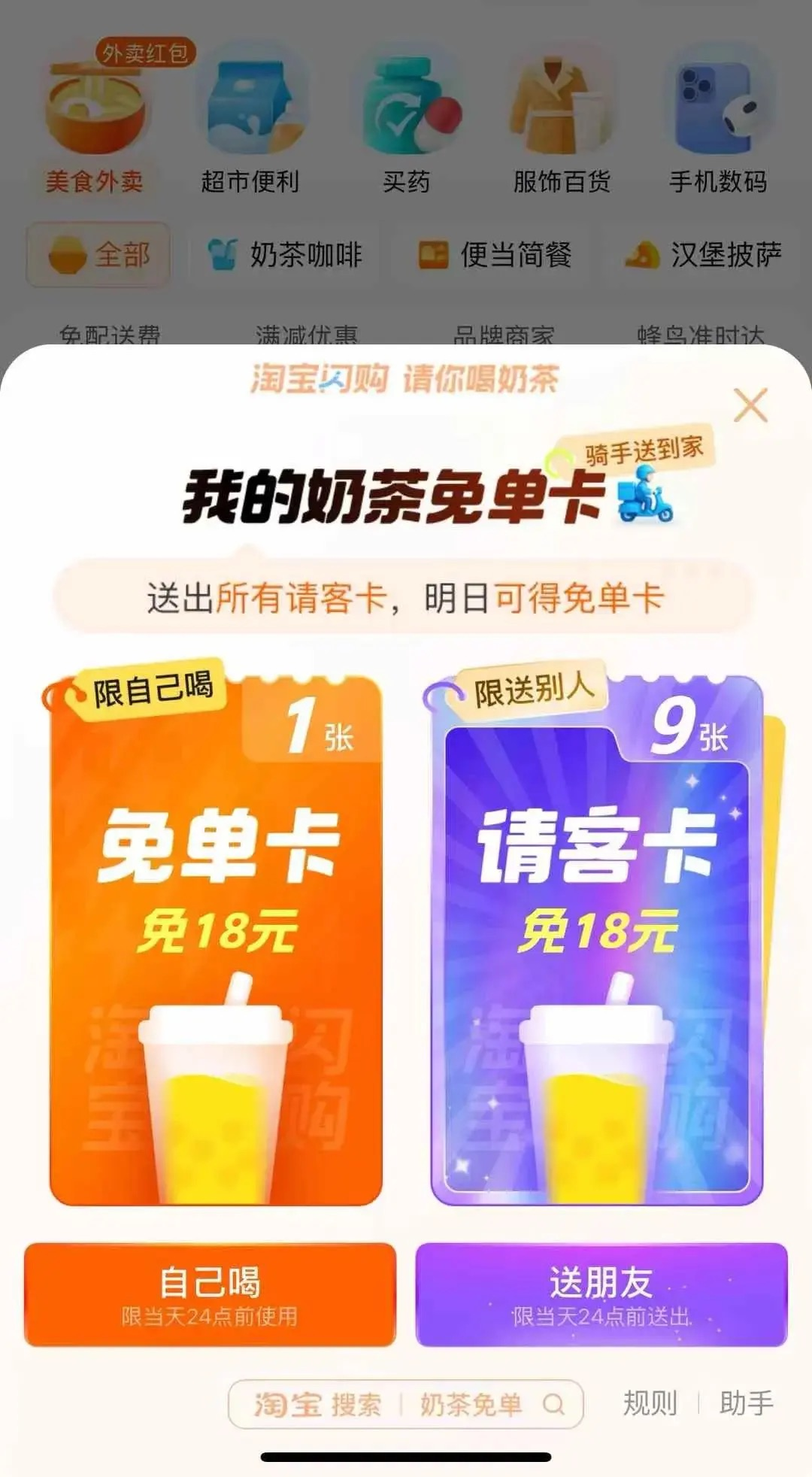
(Image source: Taobao App)
During the recently concluded Tmall 618, user scale and activity reached new highs, with the number of purchasing users on the platform achieving double-digit growth. During the entire 618 period, Tmall's GMV, excluding refunds, increased by 10% year-on-year. Data shows that orders for retail categories on Taobao Flash grew significantly. During this year's Tmall 618, brands increased their focus on instant retail, with multiple brands in industries such as 3C digital, apparel, fast-moving consumer goods, sports, and outdoors setting new sales records.
Ele.me also received more orders from the incremental entry of Taobao Flash: Driven by the rapid growth of orders on Ele.me and Gaode Maps in the first quarter of this year, the local lifestyle group's revenue reached 16.134 billion yuan, a year-on-year increase of 10%. In May, Ele.me set new record highs for food delivery orders in over 70 cities, including Chongqing, Shenzhen, Guangzhou, and Chengdu. Among them, orders for summer refreshments such as milk tea, ice jelly, cold drinks, and coffee increased by over 100% year-on-year.
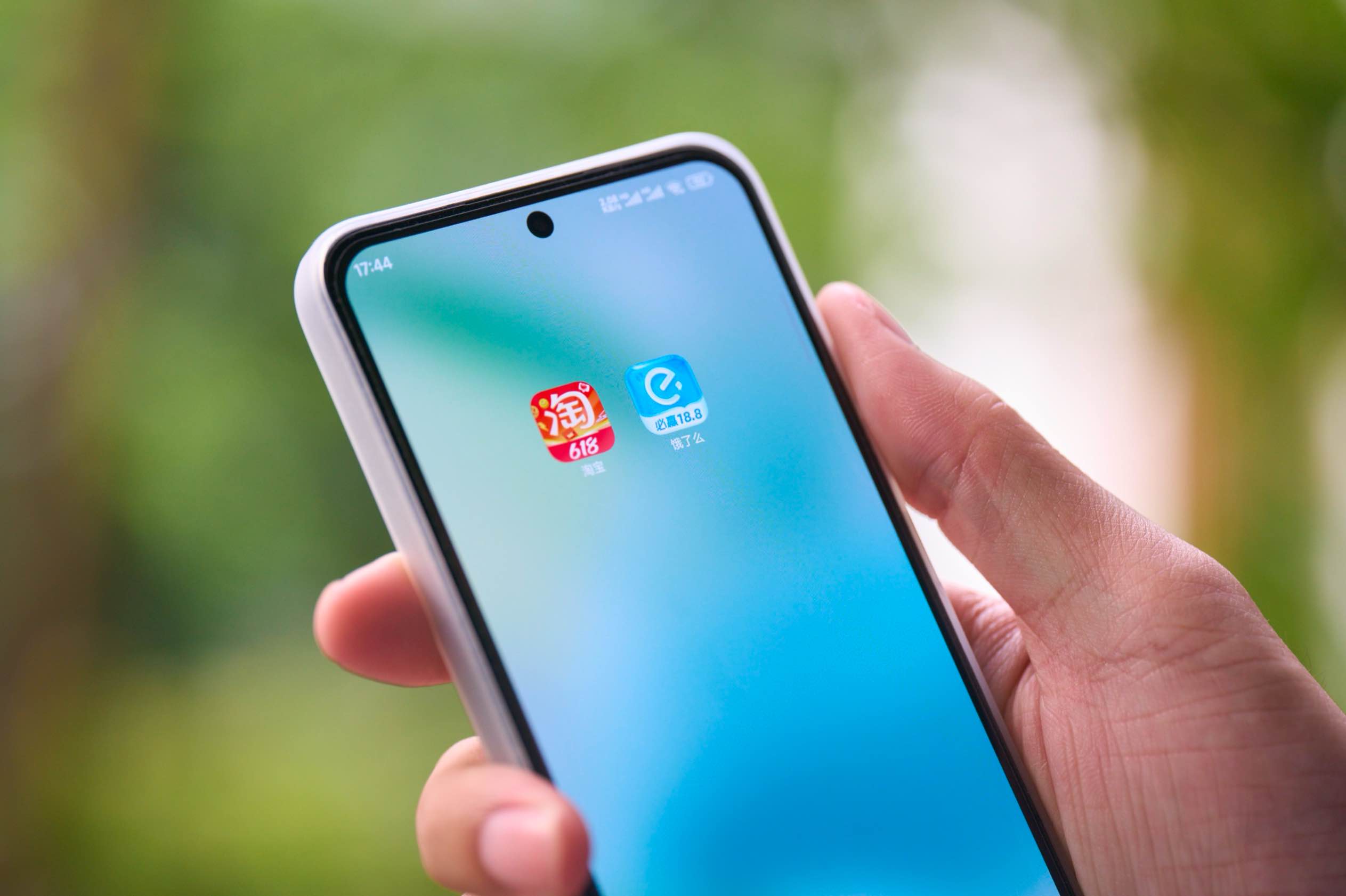
In the realm of e-commerce services, Taobao, with its vast supply and traffic, resembles an 'air force,' while Ele.me, with its deep penetration into the city's capillaries, is more like a 'ground force.' As consumer habits evolve towards 'immediacy,' consumers seek both a wider range of products and faster service. At this market inflection point, it is time for these two forces to unite and formally converge.
Opening the 'Broader Consumer' Era, Alibaba Stands a Chance of Winning
In this organizational adjustment, an easily overlooked signal is: If the combination of Taobao and Ele.me can solve the coordination between the 'air force' and 'ground force' and dominate the instant retail battlefield, why is Fliggy also part of this new camp?
What is particularly noteworthy here is Alibaba's proposed concept of 'broader consumer.' In an internal letter, Group CEO Wu Yongming mentioned that this organizational adjustment represents a 'strategic upgrade from an e-commerce platform to a broader consumer platform.' He also stated that in the future, Alibaba will optimize and integrate business models and organizational forms more from the user's perspective, creating richer and higher-quality life and consumption experiences for users.
In my opinion, if Alibaba's forward-looking layout and judgment of 'new retail' in the previous decade were impressive, its actions in the new decade towards 'broader consumer' may once again reshape multiple industries.
When we dissect the respective advantageous infrastructures of Taobao, Ele.me, and Fliggy from the dimensions of capabilities and assets:
Taobao needs no further elaboration. Compared to JD.com and Meituan, 'versatile Taobao' undoubtedly excels in its 'versatility,' leading the pack in consumer shopping mindset and overall experience.
Ele.me provides an absolute barrier in terms of ground supply and fulfillment. For new players to build a logistics and supply network of the same scale and level, they must invest massive resources, and the difficulty will increase exponentially with scale. It may take several years to properly integrate the logistics network and supply operation network.
Fliggy is the only open travel platform (OTP, non-self-operated OTA) in China's online travel market. This unique positioning makes it irreplaceable among young travelers and travel merchants, serving as a platform for hotel and travel merchants to directly interact with consumers and build their brand's digital assets, aggregating various types of hotel and travel service merchants.
In real-life consumption scenarios, physical e-commerce consumption, food delivery and instant consumption, and hotel and travel service consumption are highly integrated. Take the recent popularity of the Scottish Premiership as an example: A group of Nanjing football fans traveled to Changzhou to watch a match, bringing in not just ticket sales but also stimulating a full range of consumption across transportation bookings, hotel and travel choices, meal solutions, ticket purchases, emergency shopping, and peripheral purchases.
Imagine a scenario where customers, upon booking tickets and hotels, can receive 'food delivery vouchers' and utilize food delivery and instant purchase methods to satisfy their needs for local cuisine, beverages, travel essentials, sporting goods, and even clothing. To encompass such personalized and scenario-based consumption spaces in the future, or even to create entirely novel paradigms, necessitates the disintegration and reassembly of cross-scenario elements and resources.
In the competitive landscape of this sector, Alibaba remains the preeminent player, with a robust foundation in every ecosystem. Possessing ample capabilities and asset accumulation, their unified efforts are poised to unveil a new commercial horizon.
With the accelerated integration of Alibaba's ecosystem resources, it is anticipated that investments in the 'broader consumer' sphere will continue to gain momentum and accelerate. This convergence of Ele.me, Fliggy, and Taobao Tianmao could signify the dawn of Alibaba's new decade in the 'broader consumer' era, following the epoch of 'new retail'.
Source: Lei Tech
Images in this article are from: 123RF Authentic Image Library
Source: Lei Tech






